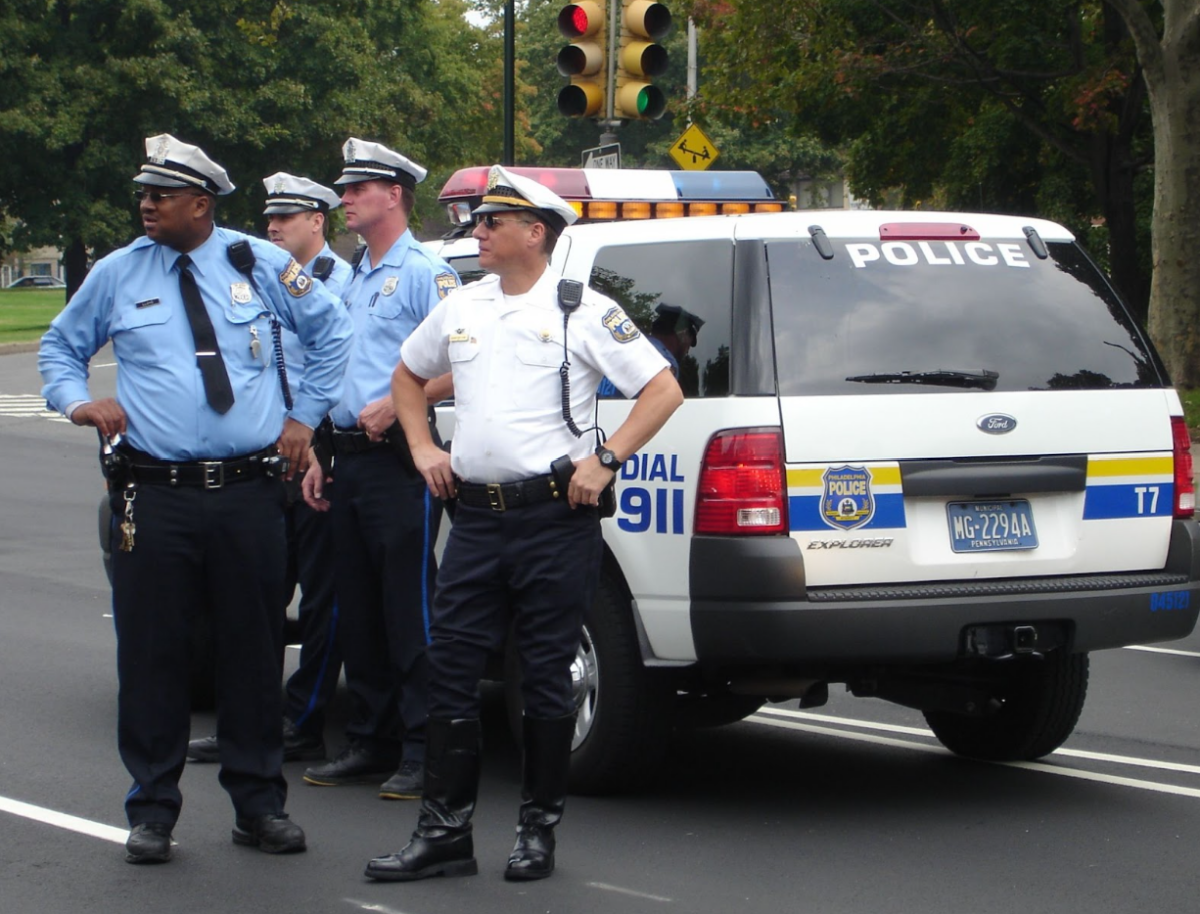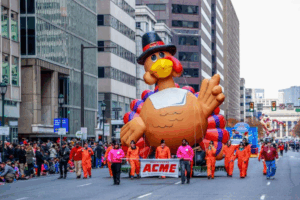The officer was shot just days after the city announced they are beefing up police patrols in the city’s notorious Kensington neighborhood.
After being stopped for a traffic violation, Ramon Rodriguez Vazquez is alleged to have opened fire on one of the officers who stopped him. During the stop, Vazquez was found to not have a driver’s license, nor was the vehicle he was driving registered. It wasn’t until officers inventorying the car found a firearms holster that Vazquez began fleeing and eventually shooting at the officers.
A 31-year-old, 6-year veteran of the Philadelphia Police Department was critically wounded and as of June 25, is still hospitalized and on a respirator after being shot in the neck. Bail for Vazquez, who also shot at police while in Puerto Rico in 2011, was set for $12.5 million as he was charged with attempted murder among other crimes.
The shooting comes on the heels of the city announcing they will be boosting the number of officers patrolling Kensington, considered by The Philadelphia Inquirer one of the most dangerous and crime-ridden neighborhoods in the city.
It also coincided with a campaign event for former President Donald Trump in the city, in which he claimed Philadelphia “is being ravaged by bloodshed and crime.” Despite the shooting of the still-unnamed officer and the announcement of increased enforcement, critics were quick to point out Trump was “light on facts, heavy on fear” and accused Trump of “cherry-pick[ing] a recent spate of violent crime.”
But how accurate are those criticisms? The answer may be complicated. While many violent crimes may have dropped in 2023, drugs remain a problem and homicide rates are still above pre-pandemic numbers. Polling also shows crime is among the top issues for Pennsylvania voters.
Recent reporting suggests city leaders needed to address a variety of crime problems. The region’s public transportation system, SEPTA, recently announced it will begin punishing “low-level crimes” like public urination or public intoxication to improve what it calls “quality-of-life issues.”
In mid-June, the city’s Deputy Commissioner James Kelly announced the department will be extending a program that puts more officers on the streets during weekends by bringing in the “Elite Highway Patrol Unit.” It is part of a “strategy to cut down on crime.”
Additionally, organized retail crime is on the rise in the region, forcing the city to work more closely with suburban police departments on stolen goods. Philadelphia District Attorney Larry Krasner argued his policy of not prosecuting many theft crimes was “wrongly interpreted.”
At least one Philadelphia resident offered an anecdotal perspective: While her time in Center City was marked by disturbances from youths and being followed. Blogger Linda Wallace argued that “public safety extends beyond academic data about murder, apartment break-ins, and assault” and that the question of whether residents feel safe to live in a neighborhood is just as important.
Back in Kensington, the month ended with 59-year-old Gladys Rivera-Perez, an innocent bystander, being shot and killed by a stray bullet in a drive-by shooting.





